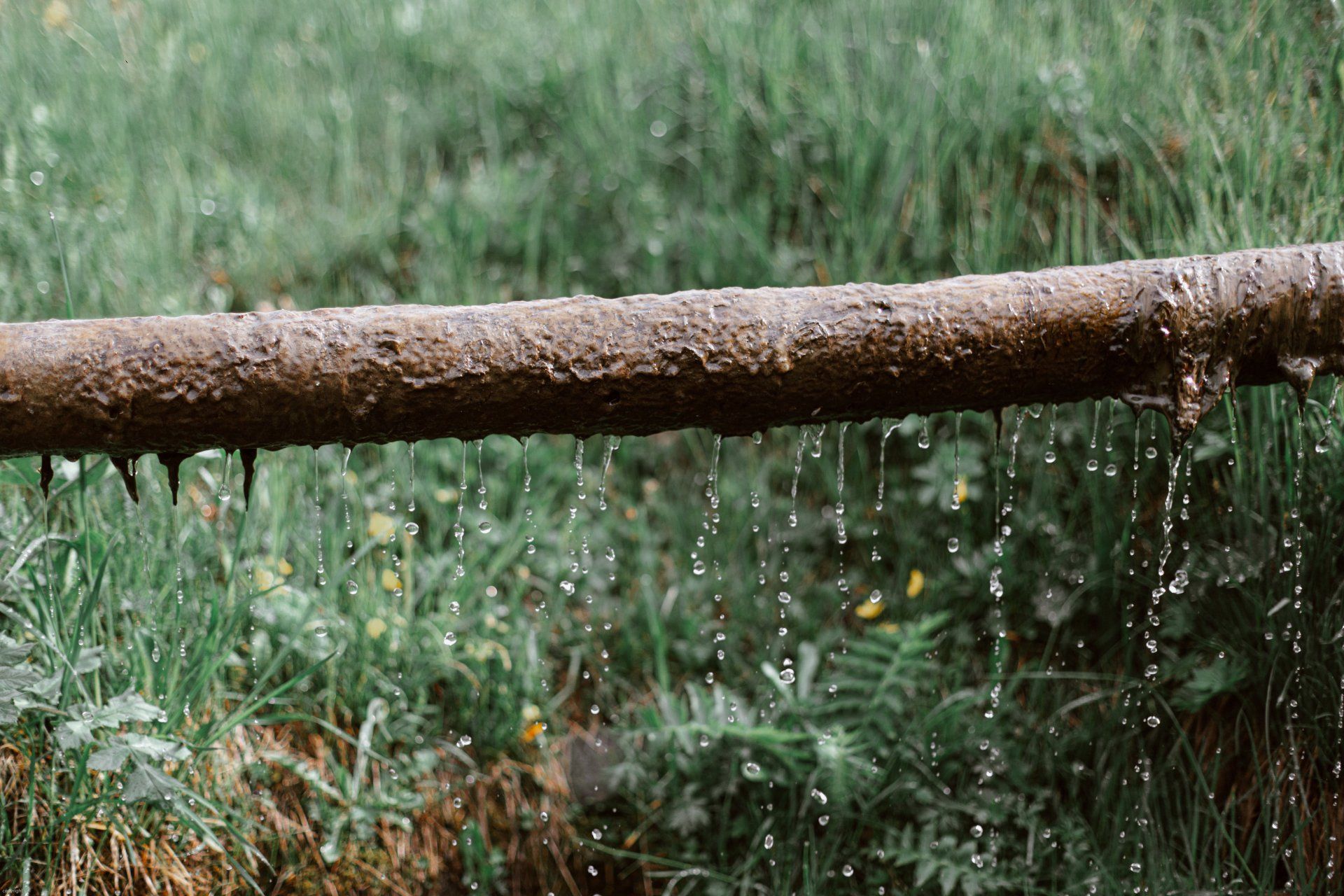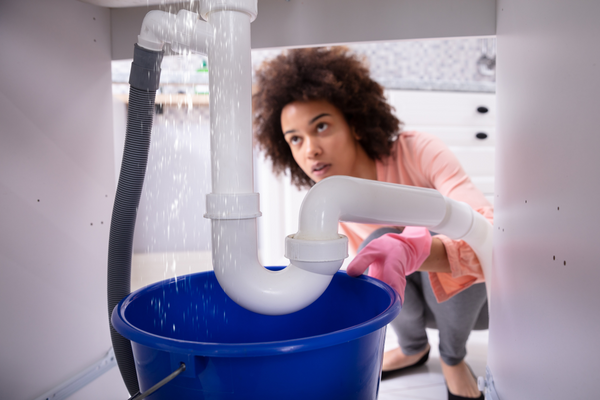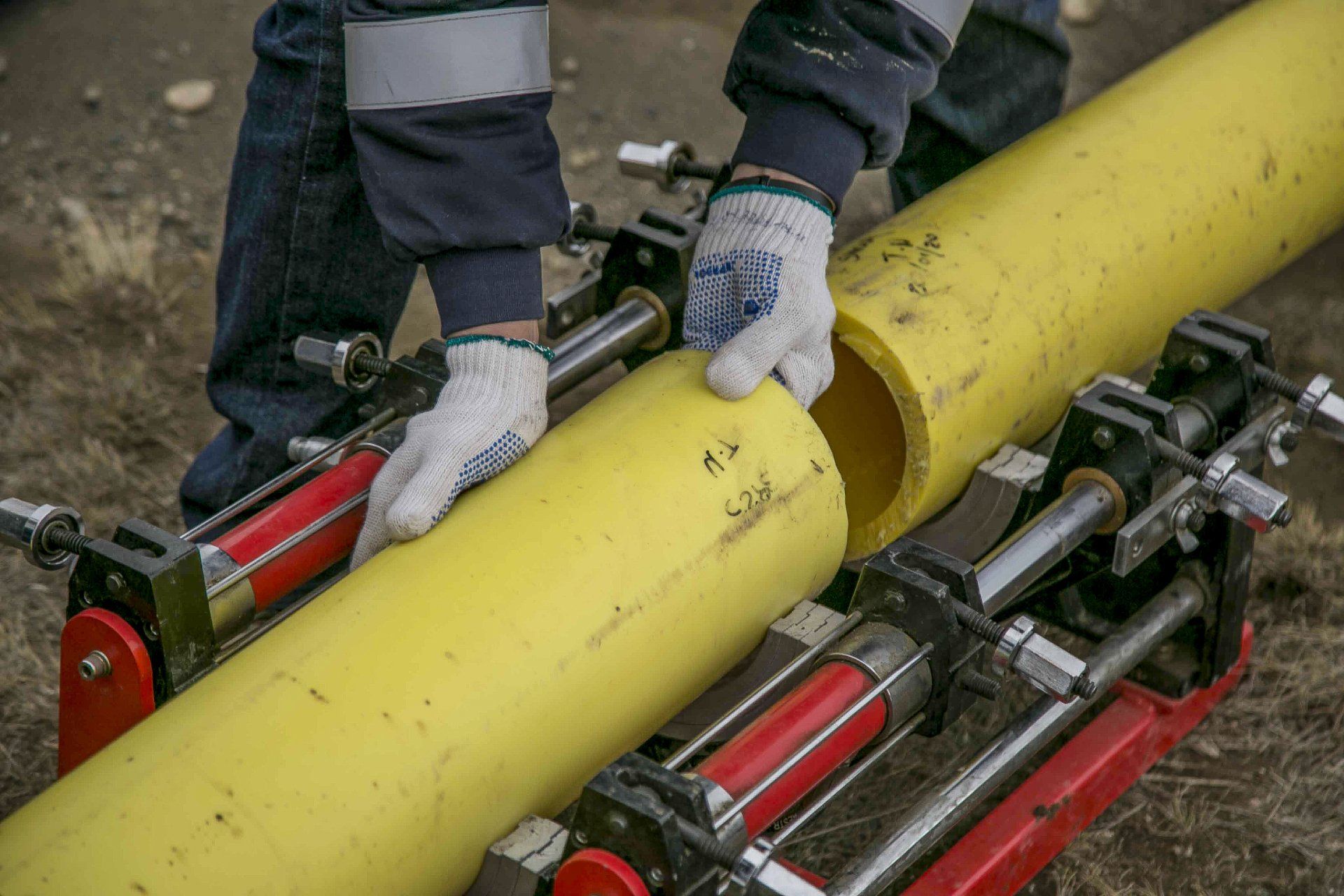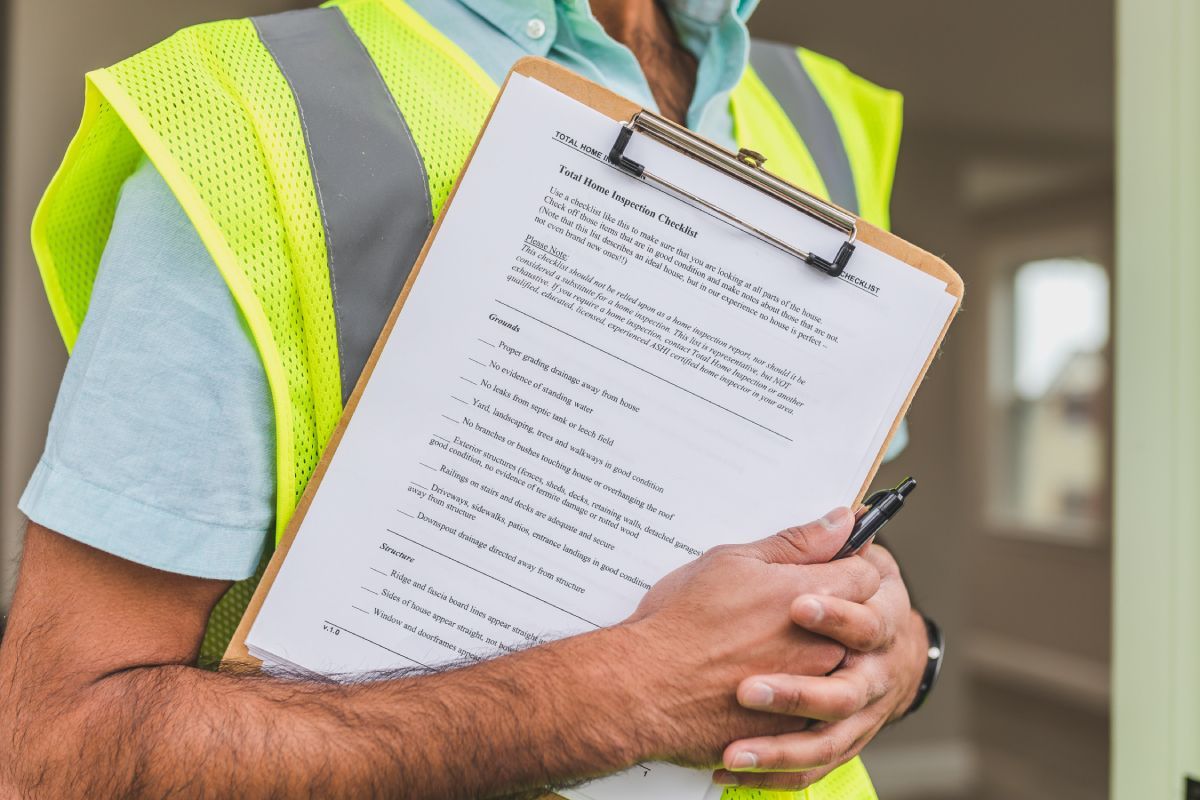Master Plumbers Blog
10 Things That Can Cause Pipes to Burst and How to Prevent Them
A burst pipe is one of the most frustrating problems any property owner can face. Apart from seriously damaging your property, dealing with a burst pipe can also potentially take up hours or even days' worth of your time. Perhaps the most vexing thing about burst pipes is that they always seem to happen at inconvenient times and in places that are difficult to access.
Fortunately, the reasons behind burst pipes are no mystery, and properly equipped plumbers should be able to handle them, regardless of the cause. Of course, it’s best to not have to call a plumber in the first place. Taking the right preventative measures can keep your pipes intact, saving you time, money, and stress. Here are common causes of burst pipes as well as recommendations for preventing them:
1. Freezing Temperatures
If the ambient temperature drops low enough, the water inside pipes can freeze, expand, and increase pressure inside the pipe until it bursts. This is an issue that’s fairly common in Dunedin during the winter months, as temperatures can briefly dip to freezing just before sunrise.
To prevent water from freezing inside pipes, property owners should insulate exposed pipes and allow taps to drip slightly to keep the water moving. If the property has heat, keeping the heat running just enough to prevent the pipes from freezing can be beneficial on particularly cold days.
2. High Water Pressure
Excessively high water pressure can stress pipes, causing them to crack or burst. This can be an issue both on ageing properties and on new builds with poorly constructed plumbing.
In any case, all properties must have a pressure regulator installed to prevent excessive pressure build-up in their plumbing system. Consult professional
plumbing Dunedin services for recommendations on pressure regulators after an inspection of the property.
3. Corrosion
Over time, metal pipes can corrode due to chemical reactions between the pipe material and the water or soil surrounding it. This process can be accelerated when plumbing components made from two different metals touch, resulting in galvanic corrosion.
To avoid burst pipes, old metal pipes with visible corrosion damage must be replaced with alternatives made with corrosion-resistant materials such as synthetics or copper. Pipes must also be inspected at least once a year for signs of corrosion.
4. Tree Root Intrusion
Tree roots can grow into and around underground pipes, warping them and potentially causing them to crack and burst. Sewer lines are particularly vulnerable to this problem since they’re often placed outside. To avoid long-term plumbing issues, property owners should plant trees away from pipelines and hire certified drainlayers like Mains Plumbers to optimise layouts and install root barriers
5. Clogs and Blockages
Over time, drain pipes can accumulate debris, grease, and other foreign objects, narrowing the space where water can flow through and eventually blocking them entirely. When this happens, pipes can burst at the weakest parts of the plumbing system.
Though some debris accumulation is unavoidable, this can be avoided by not pouring grease down drains and using drain covers to catch debris. Drains must also be cleared out at least once a year and consider professional cleaning services if needed.
6. Age and Wear
All pipes have a finite number of pressure cycles that they could endure before becoming deformed. Though well-made pipes can last several decades, the longer they are used, the more likely they are to fail at some point. Though total replacements of well-constructed systems are rarely necessary, property owners should still have professional plumbers perform regular inspections and replace components that show signs of significant wear.
7. Improper Installation
Pipes that are improperly installed can experience excessive stress at certain points, leading to premature fatigue and bursts. For this reason, property owners must always hire qualified plumbers to install pipes and other plumbing fixtures.
8. Shifting Soil
Soil can shift due to natural causes like earthquakes or human activities like construction, which then stresses underground pipes. South Island is a geologically active part of the world, so pipe damage after earthquakes is not an uncommon occurrence. Properties on hillsides and other areas vulnerable to significant soil shifts may need flexible piping or custom solutions to prevent burst pipes.
9. Water Hammer
Water hammers are pressure surges that occur when water flow is suddenly stopped or changed direction, causing pipes to vibrate and potentially burst. These can happen when valves are closed too quickly or when components in a plumbing system fail. Installing water hammer arrestors or air chambers in a plumbing system can help absorb the shock and prevent pipe damage caused by these surges.
10. Faulty Appliances
Washing machines, water heaters, and other appliances connected to a plumbing system can sometimes malfunction, causing excess pressure that leads to burst pipes. Property owners must regularly maintain and inspect these appliances to ensure that they are properly connected to the plumbing system and are not causing any back pressure issues.
Mains Plumber: Your Go-To Emergency Service in Dunedin
Timely inspections and regular maintenance will not only reduce the risk of bursting pipes but also increase the efficiency of your plumbing system. However, no matter how well you prepare, these burst pipes and other plumbing emergencies cannot always be avoided. In these cases, you want to call trustworthy emergency plumbing services. Get in touch with Mains Plumber for the best plumbing experience in Dunedin.









